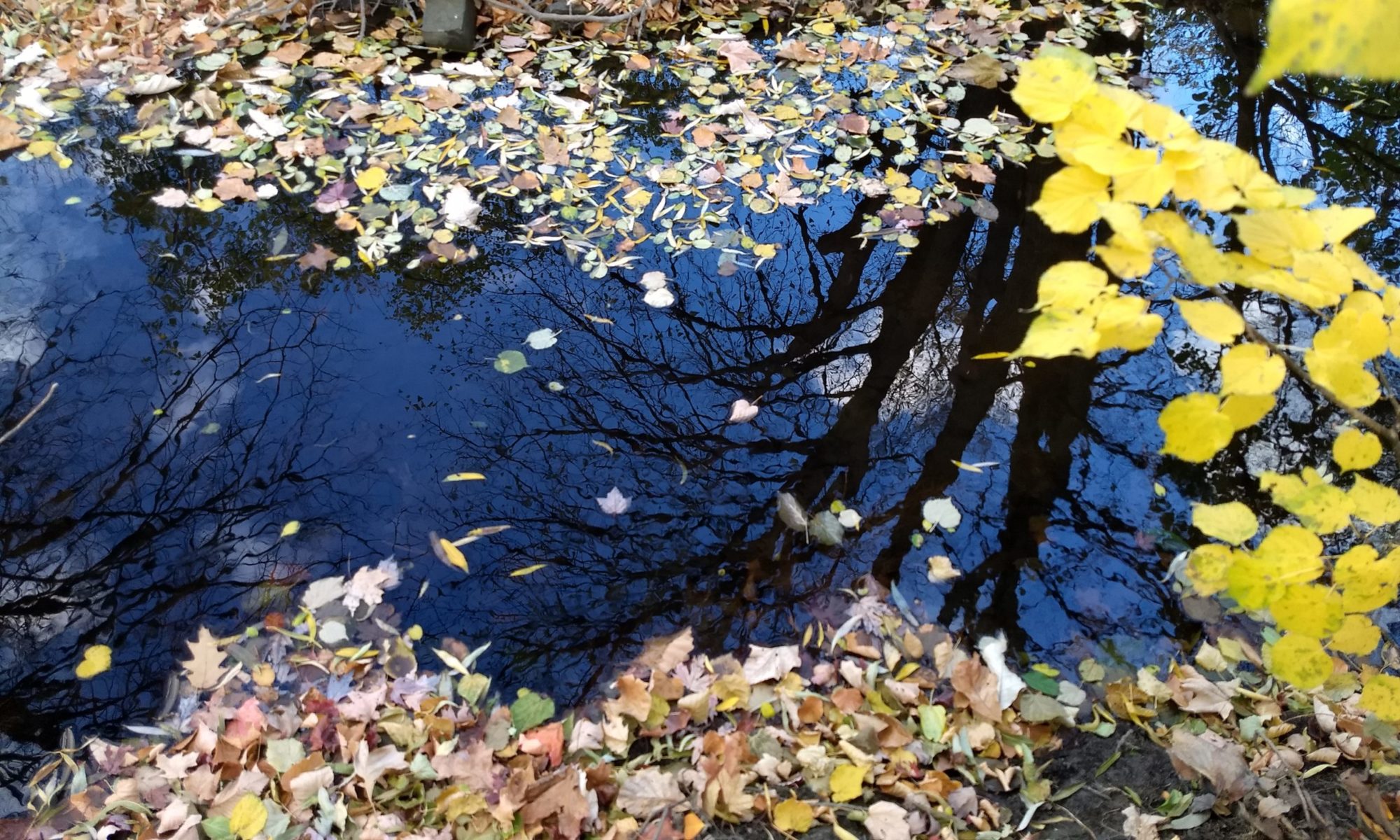On the second morning of the Avon 39 Walk to End Breast Cancer, Ed and I ate breakfast in a big tent with other walkers. One of the fun things about walking 39 miles with a bunch of strangers is that strangers share stories, and then become friends.

One of our new breakfast friends was walking for her sister, and when I began to ask the details about her sister, the answers were astonishingly tragic. Twenty-five years ago, her sister was diagnosed with breast cancer when she was only 26. She died just a few years later, when she was 32 years old. “She was so young!” I exclaimed.
“You were young, too,” said the woman, who had just heard that I was a 20 year survivor after being diagnosed when I was 27.
Yes, I was young. And how different my breast cancer journey would have been if I had had different doctors. For years, I resented the way I was treated; how I was shuffled from the exam room to radiology to the surgeon’s office, all in a matter of hours. I was never given the opportunity to call someone for support. (Let me remind you, this was before everyone had a cell phone! I had a “car phone,” one that needed to be plugged into the car because the batteries were too expensive.)
The surgeon scheduled a lumpectomy for the very next morning, but I wasn’t sure I wanted to have surgery so quickly. After all that shuffling around, I called my parents as soon as I left the clinic. My parents made a phone call to my mom’s doctor (At the time, Mom was a 13 year breast cancer survivor) and made an appointment for me. We cancelled the lumpectomy and picked up my mammogram films the very next day. After a second opinion, I eventually did have a lumpectomy, but I wasn’t rushed to make that decision.
The DeKalb clinic left a really bad taste in my mouth, and yet it has taken me 20 years to realize that the doctors there served a very important purpose in my survival. The urgency those doctors gave my situation probably saved my life. I wasn’t told to wait and see; I was told I needed to take action immediately. Through that sense of urgency, I was diagnosed at Stage 1 and had no cancer in my lymph nodes. Many young woman have more advanced breast cancer at the time of diagnosis because they are simply considered too young to have breast cancer.
Fortunately, now that young women are diagnosed with breast cancer more often, doctors are less likely to just “wait and see” when a woman has a breast lump. While I still am unhappy with the bedside manners of the doctors during my initial mammogram, I am so grateful that 20 years later, I’m still here with no recurrence of breast cancer.
Twenty years and counting!





